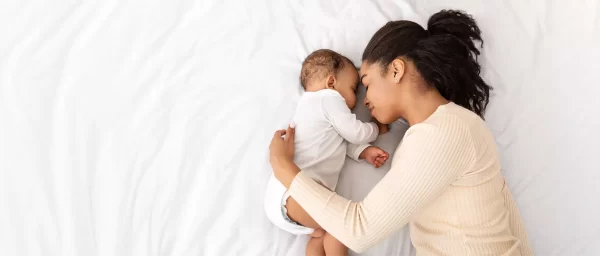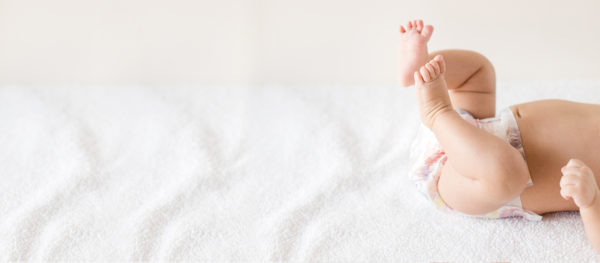
Impact by the Numbers
91% |
49%
|
32% |
77% |
65% |
82% |
2023 Impact Survey Results
- 8,141,492
diapers distributed since 2014
- 4,500
children served monthly
- 290,000
diapers distributed monthly
- 37
partner agencies
- 73
distribution sites
- 10,784
unduplicated children served in 2023
- 7
staff (4 full time, 3 part time)
- 2,109
volunteers in 2023
- 6,022
volunteer hours in 2023
Diapers do Change Lives
Diaper Need (noun): the struggle to provide a sufficient number of clean, dry diapers to ensure that each diaper-wearing person can be changed out of wet or soiled diapers as often as necessary.
EmploymentMany daycare providers require parents to bring a supply of disposable diapers, meaning parents without diapers miss work |
Familial EffectsThe highest rates of child abuse and neglect coincide with the time children are potty training, often when parents attempt training too soon to save on diapers |
HygieneFamilies have reported “drying” and re-using disposable diapers or changing diapers less often |
Infant DevelopmentIt is theorized that poor diaper hygiene can damage the infant’s development of parental bonding, attachment, and emotional regulation |

The impact of a diaper cannot be overstated.
As an essential hygiene item, diapers are required for cleanliness and health of course. Perhaps even more importantly, the mental health of a parent and child are surprisingly dependent on a steady supply of diapers. Diaper need has profound effects, that can last generations.





